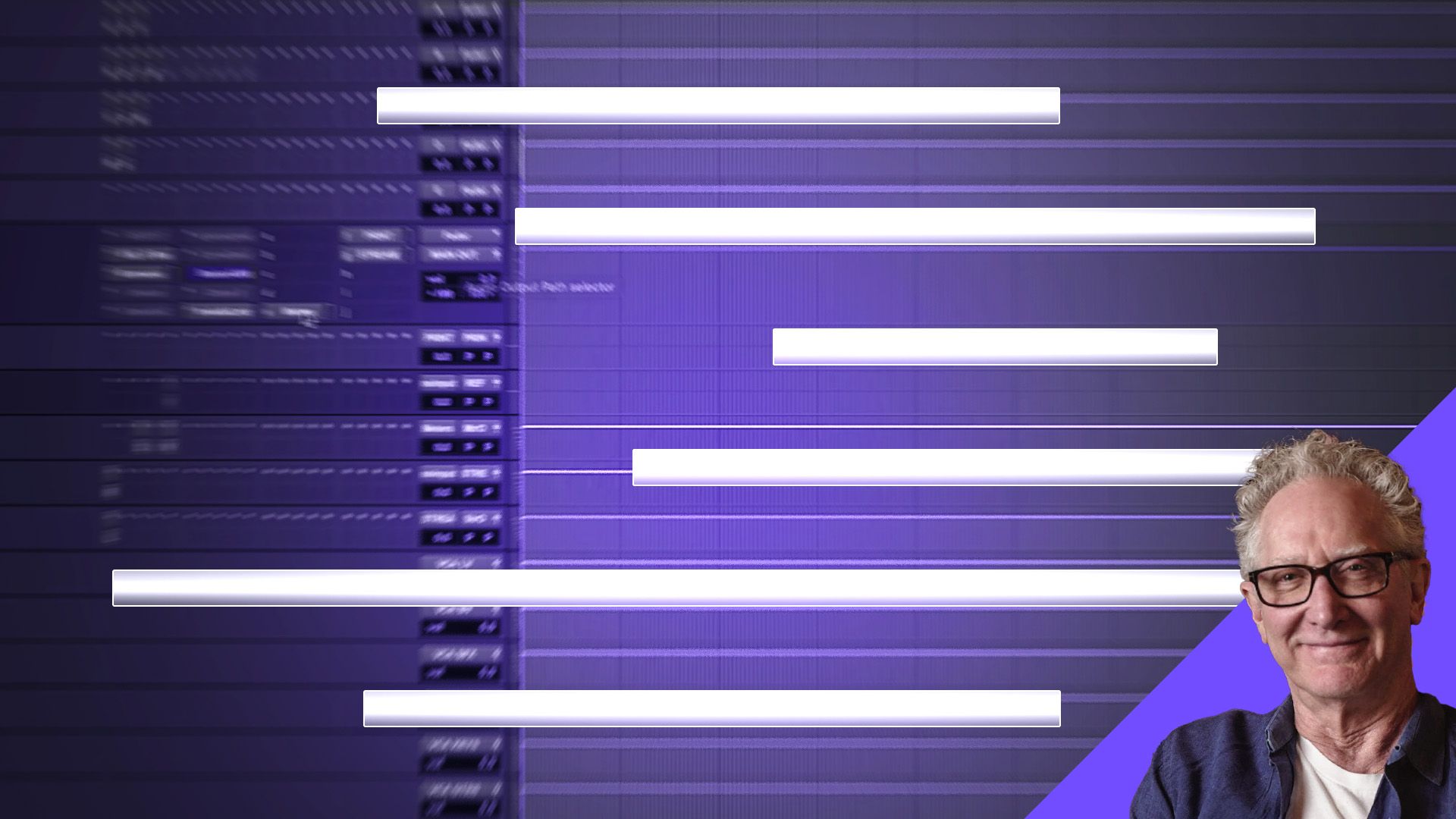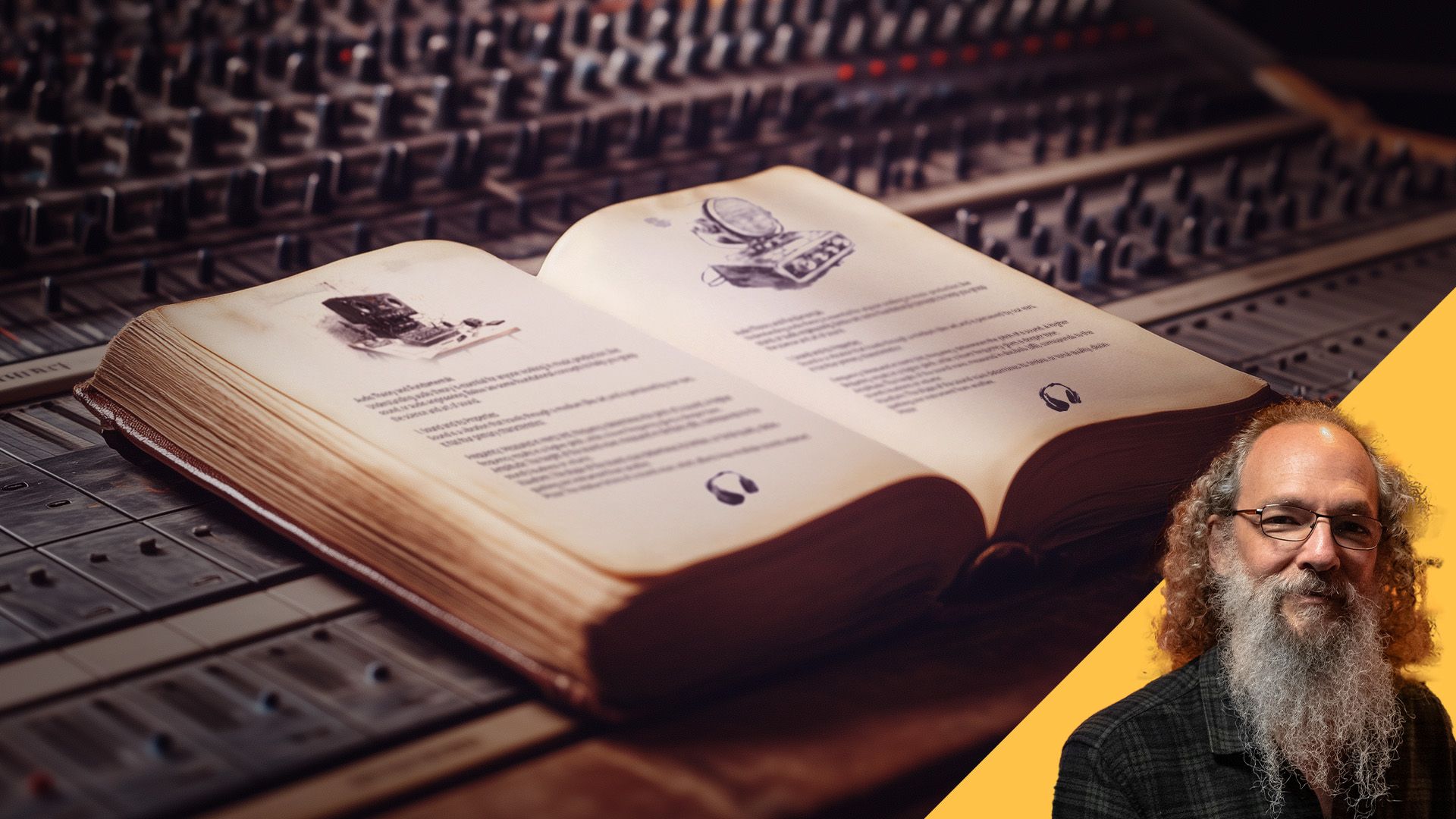How to Listen
Write your awesome label here.
-
Starting dateOn-demand
-
Duration10 hours
-
LevelAll levels
-
InstructorFab Dupont
Testimonials
Testimonials
Learning Outcomes
Each course includes
1
2
3
4
5
6
Who is this course for?
Requirements
Learn from the best
Frequently asked questions
Frequently asked questions
Can I have access to the entire course upon sign-up?
The course is designed to ensure students have a reasonable amount of time between modules to absorb the material, complete exercises, and practice their newfound knowledge and skills, therefore modules will be released on a weekly basis to pace learning.
How much experience in music production or audio engineering do I need to have for this course?
While this course is designed for a variety of backgrounds, basic DAW knowledge and an understanding of beginner mixing concepts will help you navigate the more advanced exercises and follow along in discussions (as long as you are able to import audio files and load up plug-ins in your DAW, you will be fine.) You don’t need to be a pro, take this opportunity to push your limits. You can always reach out to your Teaching Assistant or conduct an internet search to find answers to specific DAW- or audio engineering-related questions.
Will this course be helpful for more than just audio engineers?
Yes! Learning how to listen acutely is a very valuable skill for anyone working in or around audio and music, even tangentially. Whether you’re a gigging musician, a songwriter, a podcast editor or an up-and-coming music producer, these skills will translate across the board and allow you to better analyze your work.



